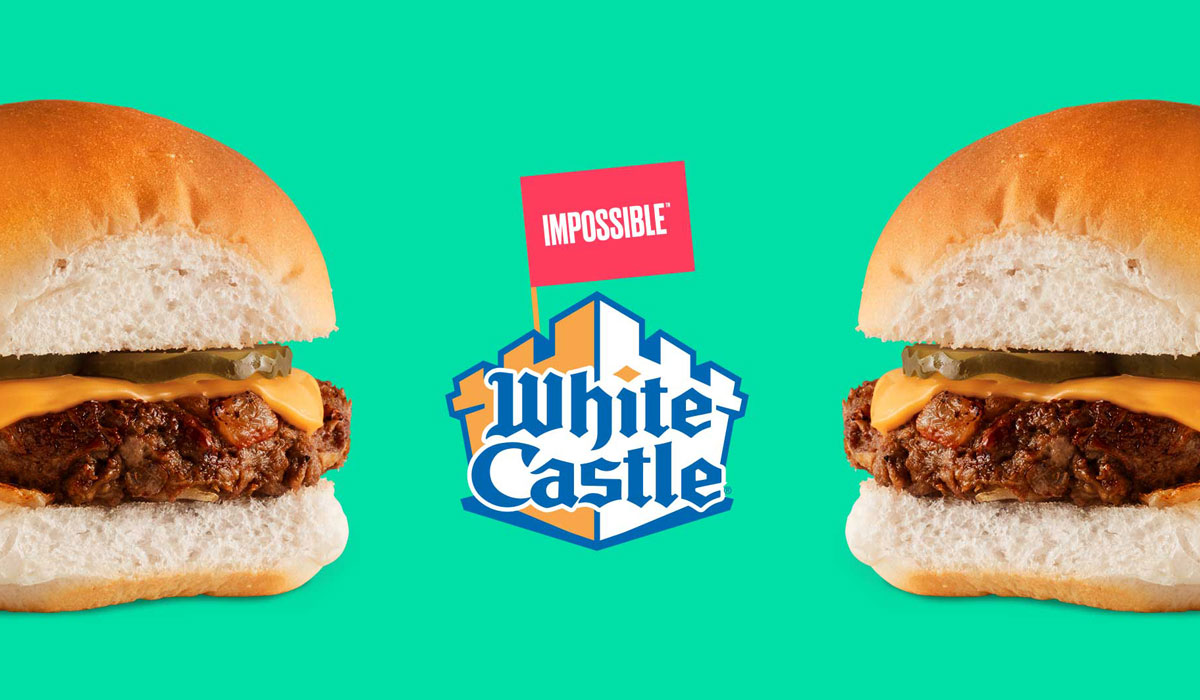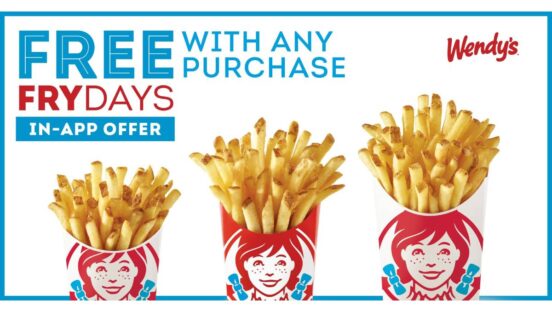Plant-based Impossible Burger has made waves in the restaurant industry in recent months. It’s available in some 1,200 locations nationwide, gracing better-burger menus at Fatburger, Umami Burger, Hopdoddy, The Counter, and B Spot, Chef Michael Symon’s Midwest burger joint.
But it has never enjoyed a launch quite like this.
Starting Thursday (April 12), White Castle, one of the nation’s oldest and most iconic brands, will begin serving the “Impossible Slider” in 140 locations throughout New York, New Jersey, and Chicagoland, with potential to expand systemwide. The launch is Impossible’s fast-food debut.
White Castle will top the burger with smoked Cheddar cheese, pickles, onions, and serve it on the chain’s signature bun for $1.99. It can also be ordered as part of a combo meal.
“Innovation has been core to everything we’ve done at White Castle since our founding in
1921,” CEO Lisa Ingram, the fourth-generation family member to lead White Castle, said in a statement, “The fact that we are the first-fast food chain to offer the Impossible Burger to our loyal customers epitomizes our history of being on the ‘bleeding edge’ of a rapidly evolving industry.”
“White Castle’s model has been often imitated but never duplicated—an impressive feat in the hypercompetitive fast-food sector,” Impossible Foods’ founder and CEO Dr. Patrick O. Brown added. “We look forward to working closely with White Castle, and together learning how to popularize plant-based meat with mainstream burger lovers, traditional and vegetarian alike.”
Columbus, Ohio-based White Castle, founded in Wichita, Kansas, in 1921, operates 376 Midwest and Mid-Atlantic locations.
After being in development since 2011, the Impossible Burger debuted July 2016 at Chef David Chang’s Momofuku Nishi In New York City. It’s the only plant-based burger to win a 2017 Tasty Award and a 2018 FABI Award from the National Restaurant Association.
White Castle is the largest chain to offer it to date. It’s made from water, wheat protein, potato protein, and coconut oil. One special ingredient—heme—contributes to the characteristic taste of meat and catalyzes all the other flavors when meat is cooked.
The company discovered a way to make heme without animals by engineering and fermenting yeast to produce a heme protein naturally found in plants, called soy leghemoglobin. The result is a heme identical to what humans are used to consuming in meat, but with far fewer resources at work.
The Impossible Burger is produced without hormones, antibiotics, cholesterol or artificial flavors. It uses about 75 percent less water, generates about 87 percent fewer greenhouse gases, and requires around 95 percent less land than conventional ground beef from cows.










